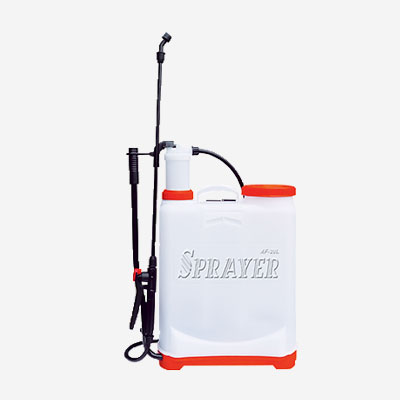A sprayer is a device used to spray liquids, where sprayers are commonly used to spray water, herbicides, crop performance materials, pest maintenance chemicals, and manufacturing and production line ingredients. In agriculture, a sprayer is a device used to spray herbicides, pesticides and fertilizers on crops. Sprayers are fully integrated mechanical systems, which means they are made up of various parts and assemblies that work together to achieve the desired effect, in this case spraying fluid.
This can be as simple as a hand-held sprayer attached to a bottle that is pumped and actuated by spring rods, tubes and vacuum pressure, or as complex as a 150 foot long arm sprayer with a series of system components that Work in tandem to provide spray fluid. The nebulizer pump is as important as the nebulizer type itself, as there are many nebulizer pump design types with different materials of construction, port sizes, and performance specifications.
Agricultural sprayers come in a variety of design types, sizes, equipment and performance specifications. They range from small spot sprayers to very large sprayers with extensive land and plant coverage. Agricultural sprayers are designed to optimize their suitability and performance for the many uses of the machine, whether it be on crops, vegetation or soil.
There are many agricultural sprayers designed for spraying applications and are versatile for field applications, gardens, crops, row crops, crop trees, fruit, groves, vineyards, perimeter maintenance, livestock needs, weed control, pastures and pastures . Self-propelled sprayers help farmers increase spraying efficiency and productivity while making the most of every minute they spend in the field.










